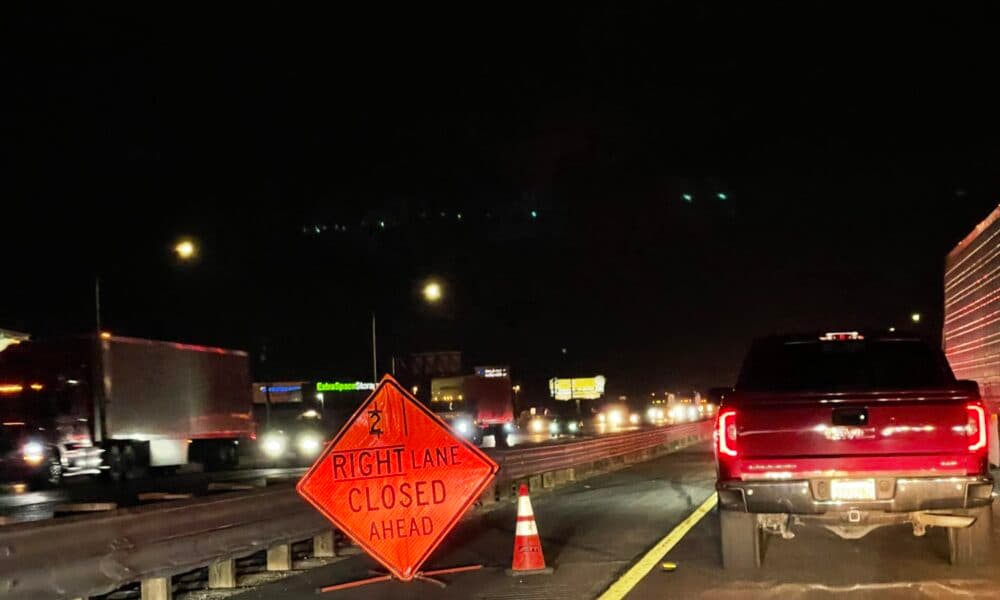Two Convicted in Murder for Hire of Brooksville Teen
A federal jury convicted Lenard White, 39, and Sheldon Robinson, 23, on October 28, 2025 for their roles in the 2023 murder for hire killing of 17 year old Isabella Scavelli of Brooksville, a case prosecutors say was tied to efforts to prevent her testimony. The convictions carry significant implications for witness safety, law enforcement coordination, and local trust in public institutions as sentencing is set for January 2026.

A federal jury returned guilty verdicts on October 28, 2025 against Lenard White and Sheldon Robinson for their roles in the 2023 killing of 17 year old Isabella Scavelli of Brooksville, according to reporting by The Hernando Sun. The defendants were convicted on charges including conspiracy to commit murder for hire, murder for hire, related violent crime counts, and obstruction. Sentencing for White and Robinson is scheduled for January 2026.
Prosecutors said the killing was connected to events that began when Scavelli and her mother reported an alleged sexual assault to law enforcement. Investigators allege White hired others to kill Scavelli to prevent her from testifying about the reported assault. A third suspect in the case, Keshawn Woods, previously pleaded guilty and is awaiting sentencing at the federal level.
The case was prosecuted with assistance from the Hernando County Sheriff’s Office, the Bureau of Alcohol, Tobacco, Firearms and Explosives, the Florida Department of Law Enforcement, and the U.S. Attorney’s Office. The multiagency investigative and prosecutorial effort underscores the federal interest in violent crimes that involve witness intimidation and alleged attempts to obstruct justice.
For Hernando County residents the case raises immediate questions about witness safety and the capacity of local systems to protect victims who come forward. The alleged sequence of events suggests a chilling consequence for those who report crimes, and could influence whether victims and witnesses feel safe cooperating with police. Local leaders and law enforcement agencies will face scrutiny on whether existing protections and victim support services are adequate, and whether additional resources are required to ensure that reporting an alleged crime does not lead to further harm.
Policy and institutional implications extend to funding and oversight. Federal prosecution in this instance signals a readiness to pursue charges where local prosecutions may be complicated by intimidation or violent reprisals. It also highlights the importance of formal protocols for witness protection, victim advocacy, and interagency coordination. As sentencing approaches in January, the community may expect renewed attention from elected officials and law enforcement on measures to strengthen reporting pathways, ensure timely victim services, and improve communication with residents about safety steps.
The conviction closes a chapter in a case that began in 2023 but leaves ongoing responsibilities for Hernando County institutions. With two convictions secured and a third guilty plea pending, the coming months will test whether the lessons from this case translate into concrete changes that protect victims, support witnesses, and restore public confidence in local justice processes.


